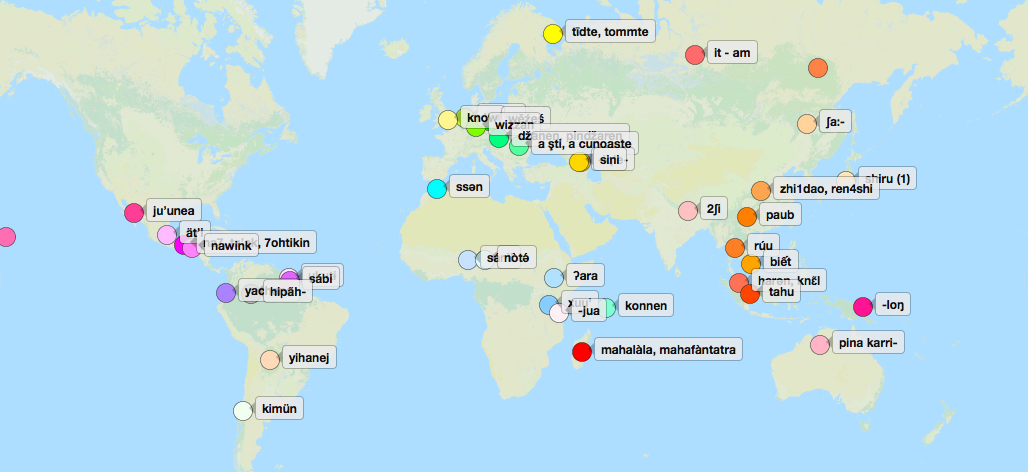Knowledge and true belief
The goal of the post-Gettier Analysis of Knowledge program was to come up with a good X to plug into the formula “Knowledge = True Belief + X”, where X itself didn’t illicitly smuggle in the concept of knowledge (theories invoking “competence”, I’m looking at you). As the Analysis of …






